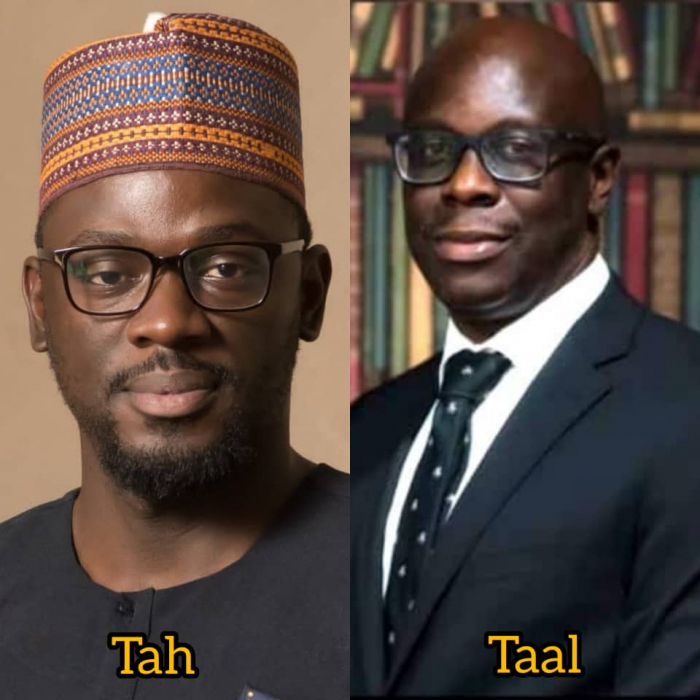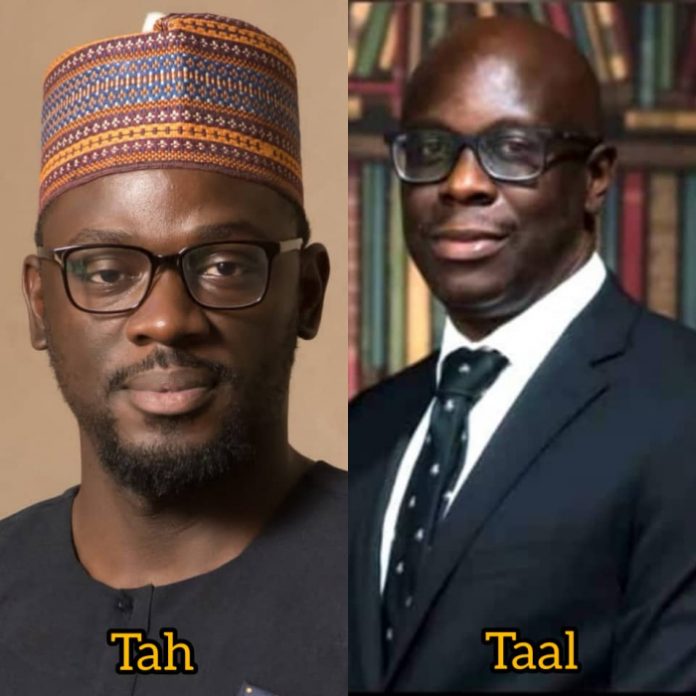The Ministry of Justice has confirmed that it has finalised a lot of needed work, including the hiring of a special prosecutor, to set up an internationalised court in The Gambia that will try crimes committed under former President Yahya Jammeh’s 22-year rule.

The court will be headquartered in The Gambia as an international court in the High Court of The Gambia. The hiring of a special prosecutor for the court will mark the work of the special prosecution office and beginning of investigations into such crimes that fall under the court’s mandate, including those crimes recommended by the TRRC for prosecutions.
The focal person on transitional justice at the Ministry of Justice, Kimbeh Tah, explained that the government had come up with its own idea of what such a court should look like.
“A lot of people like to call it a hybrid court. But we at the government like to call it an internationalised court,” Mr Tah said in an interview recently, reacting to the reports of the establishment of a hybrid court for this purpose.
The president of the Gambia Bar Association, Salieu Taal, later explained: “Whatever nomenclature is used to describe the court, hybrid or internationalised, the overriding goal is to ensure that the court is able to prosecute those who bear the greatest responsibility for the human rights violations committed during the Jammeh era under domestic and international law.”
In October 2022, The Gambia’s Justice minister Dawda A. Jallow informed the United Nations Peacebuilding Commission that his office on behalf of the Gambia government, completed a prosecution strategy, which serves as a blueprint for prosecution of Yahya Jammeh and other perpetrators emanating from the TRRC report.
This hearing on The Gambia’s Transitional Reform Processes and Post-TRRC Implementation Initiatives was held in New York, where Peace Building Commission member states, Ambassador Muhammed Abdul Muhith, Chairman Peace Building Commission, Madam Aissata DE, UNDP Resident Representative in The Gambia, and Hon. Minister of Foreign Affairs, Dr Mamadou Tangara, among other dignitaries, converged to discuss the topic on The Gambia.
“A hybrid court is the creation of a new court in the midst of a national and international court system, while in an internationalised court, we use our local court system, our local judicial framework under the constitution and fuse it with elements of international law. Yes, it’s still hybrid but we prefer to call it an internationalised court,” Kimbeh Tah clarified.
Since 2019, the Gambia Bar Association with its partners, Institute for Human Rights and Development in Africa (IHRDA) and the International Committee of Jurists (ICJ), led a series of multi-stakeholder consultations to examine how to follow up on any prosecution recommendations by The Gambia’s Truth Reconciliation and Reparations Commission (TRRC).
“These discussions also resulted in a consensus in favour of a hybrid court, anchored on a treaty with ECOWAS, with Gambian and international staff, which could help create a legal framework tailored to the prosecution of Jammeh-era crimes, and build the capacity of the national justice system,” the GBA president explained, reiterating that the Gambia Bar Association, the victims community, and civil society organisations are all stakeholders but ultimately the Ministry of Justice is the main driver of the process.
“Whether the MoJ [Ministry of Justice] ultimately decides to adopt the term ‘Internationalised Court’ or a Hybrid Court may be a matter of semantics. What is of essence is we establish some form of international court that has jurisdiction to try international crimes such as torture, enforced disappearances and crimes against humanity, crimes that cannot currently be prosecuted under existing Gambian laws because we do not have international crimes as part of our domestic criminal laws,” said Mr Taal.
He further explained that such a court is established in order to overcome those legal challenges, and to be innovative as well as to solidify the international fight against impunity for international crimes and violations of international law and international customary law.
He added that because of the gravity and severity of crimes such as torture, “prosecuting them within an internationalised hybrid court gives it credibility, legitimacy, independence, expertise and fit-for-purpose required to achieve the broader legal and political objectives of setting up such a court in the first place”.
“Such a body, when set up, will have the duty of reviewing petitions from prospective victims who might not have been identified by the TRRC,” he also pointed out, saying: “According to TRRC, the scheme will be victim-led with no control from the Government.”
This internationalised court will be similar to the Special Chambers set up to try Hissèn Habrè in Dakar, Senegal. In the case of The Gambia, it will require a partnering with an international body such as ECOWAS but Gambian ownership of the process towards achieving goals of the transitional justice system for The Gambia.


